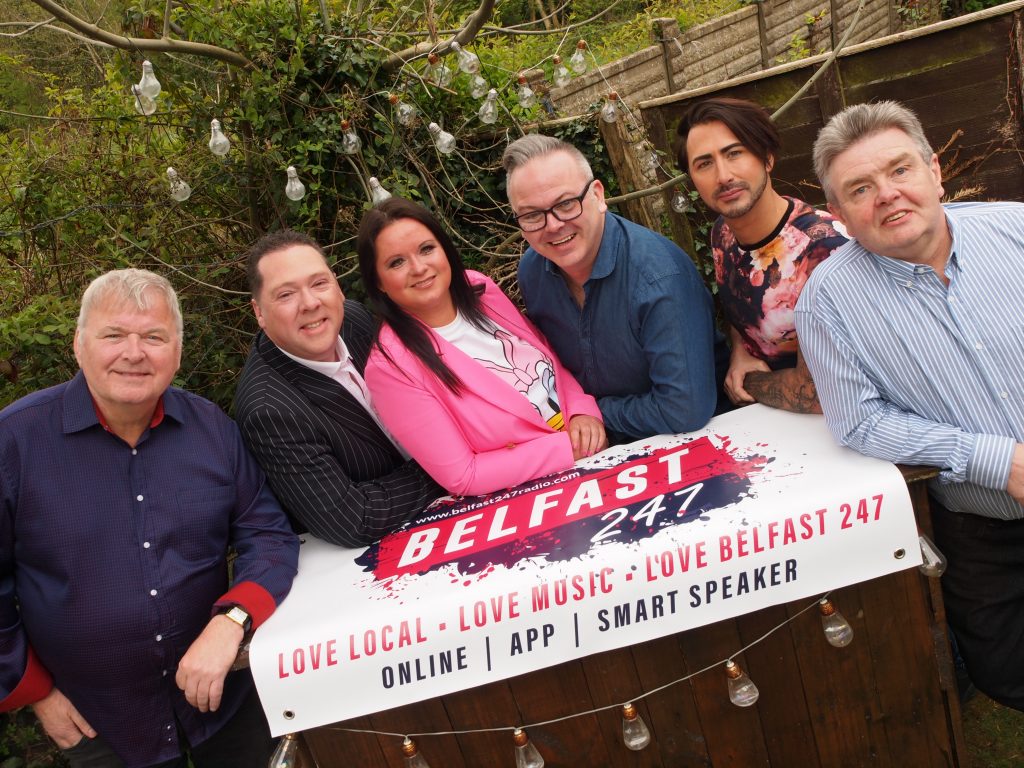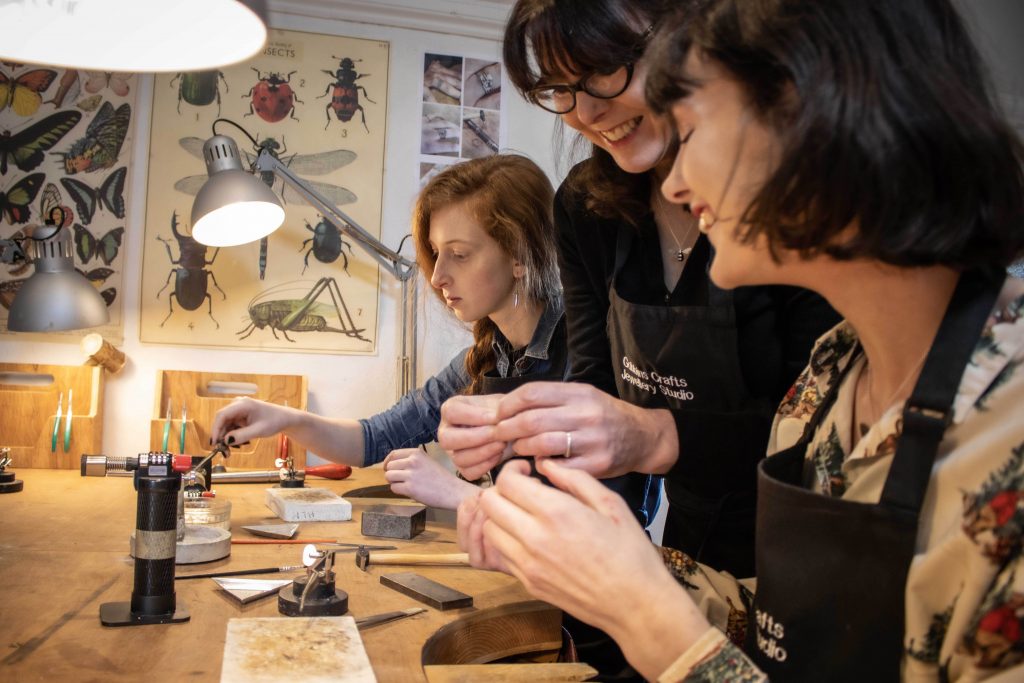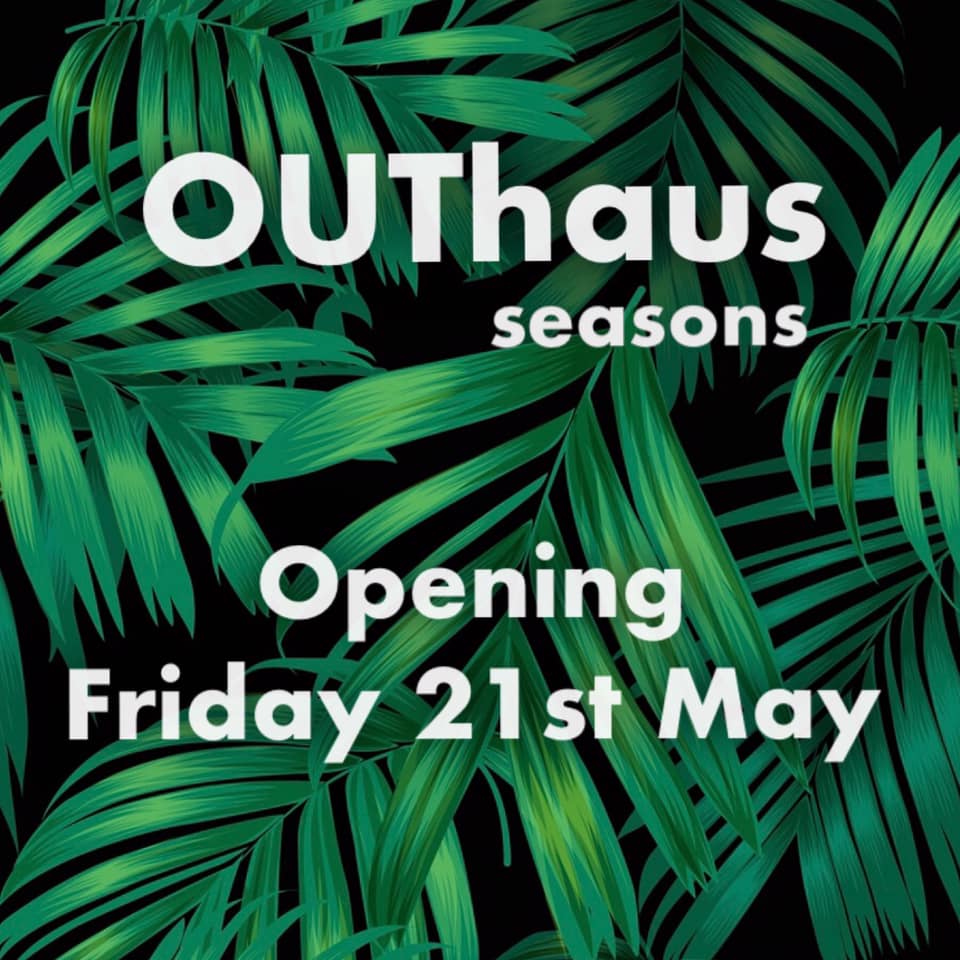Where do you go to get your groceries? If your first thought was your local supermarket, you are not alone. Shopping in large grocery stores became the norm for many of us, and we rely on these outlets more than we realise. They are convenient, filled to the brim with seemingly every product you could imagine and have a price point that fits most pockets.From afar it seems like the perfect solution, but we all witnessed what happened in 2020, when the COVID-19 pandemic turned life on its head and among many others, highlighted the fragility of our food economy and the part supermarkets play in it.
The University of Oxford describes our food system as “a complex set of interconnected practices and relationships that ultimately deliver food from farms, processing facilities, factories, warehouses, and retailers, to the dinner table.”
The industrial food system is built for scale and efficiency with an aim to maximise production, reduce cost, and function much like factories.
Although many supermarkets and producers are taking steps to include the origins of their products on their labels, there is still not enough transparency around where our food actually comes from. This industrialised structure offers customers accessibility to a wider range of products at more affordable prices but has economic and environmental impacts that many are not aware of.
Industrial agriculture is notorious for using a range of fertilisers, pesticides, herbicides in their processes to maximise output, some of which stays present in the soil long after the crops are harvested. The products are then processed in factories, stabilised with preservatives and packaged in plastic, all occurring before they are loaded onto long haul freights, planes, lorries to arrive in distribution centres and eventually to supermarket shelves.
BBC Good Food reported that “DEFRA estimates that moving food is responsible for 25 per cent of all miles covered by heavy goods traffic in the UK. Transporting food within, to and around the UK produces 19 million tonnes of CO2 annually – equivalent to around 5.5 million typical cars.”
The length of the supply chains involved in industrial food systems result in a fragile structure as any slight disruption throughout the intricate process can halt the supply chain at any time.
However, this industrial food system is not the only one available to our economy. While our modern supermarkets heavily rely on large-scale agriculture, large scale production and precise, uninterrupted international food trade and fast turnaround times, the alternative slow food system focuses on a more resilient structure.
As the resilient alternative to this industrial cycle that many in the industry are championing, Slow Food is focused on returning to the traditional methods and celebrating all things local.
The not for profit grassroots organisation, Slow Food was set up in Italy in the late 1980s in a bid to promote traditional food preparation methods and locally sourced ingredients, going against the arrival of the American fast-food chain McDonald’s in Rome. The eco-gastronomic organisation now has around 100,000 members in over 150 countries.
Recognising and raising awareness of the negative impact the industrial food system had on society, the economy and the environment, the organisation ignited a Slow Food movement: a new way of conscious consumerism that takes seasonality, locality and tradition into account.
A slow, or resilient food system can take on many forms, starting with us as individuals making a conscious effort to engage with producers, venues and outlets that are aligned with the slow food values, to foraging, growing our own produce and going to local farmers’ markets.
Any involvement in the movement can make a significant difference in local communities and build a more sustainable, resilient and eco-friendly food system.
As the first accredited Slow Food destination in Northern Ireland, the Causeway Coast and Glens have been spearheading the move toward this resilient system and together with Taste Causeway, the collaborative network of local food and drink businesses.
From exciting slow food events to highlighting producers and awarding them with Slow Food accreditation, Taste Causeway and Slow Food NI are putting local suppliers and venues at the forefront of consumers’ minds, one business at a time.
Taste Causeway is delivering Slow Food Causeway with funding from Tourism NI in partnership with Causeway Coast and Glens Borough Council.
For more information go to https://slowfood.tastecauseway.com/ or follow the hashtags #SlowFoodCauseway and #TasteCauseway





